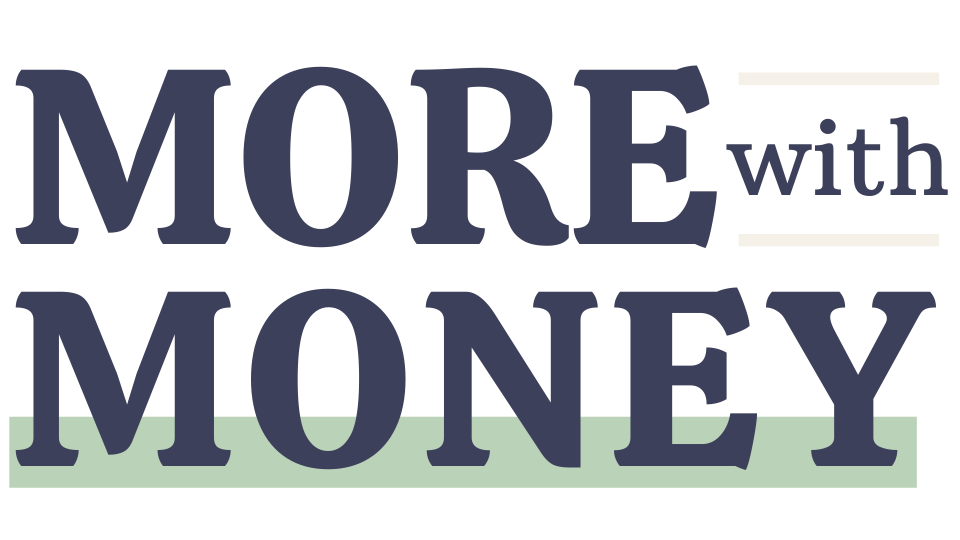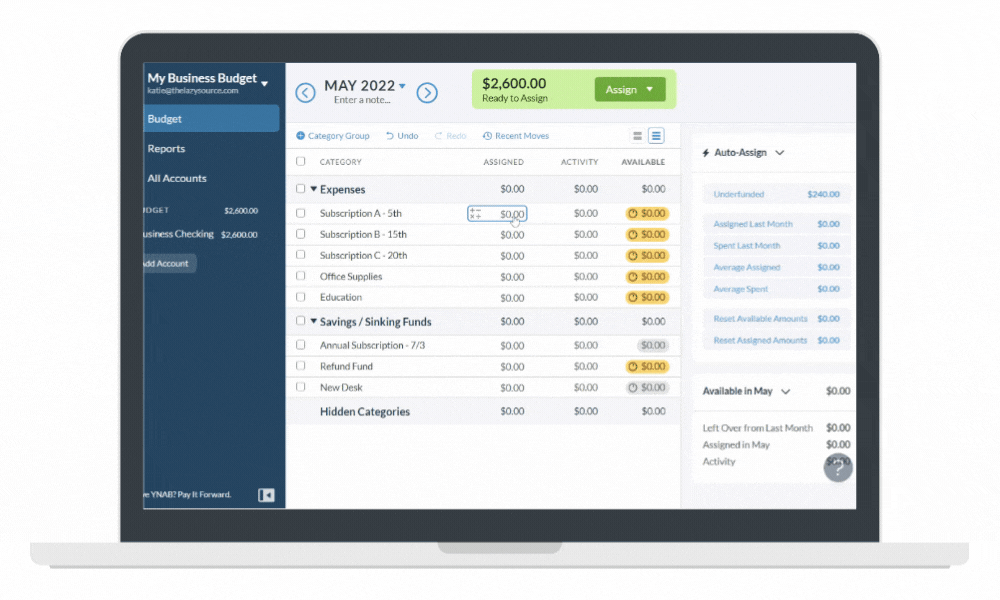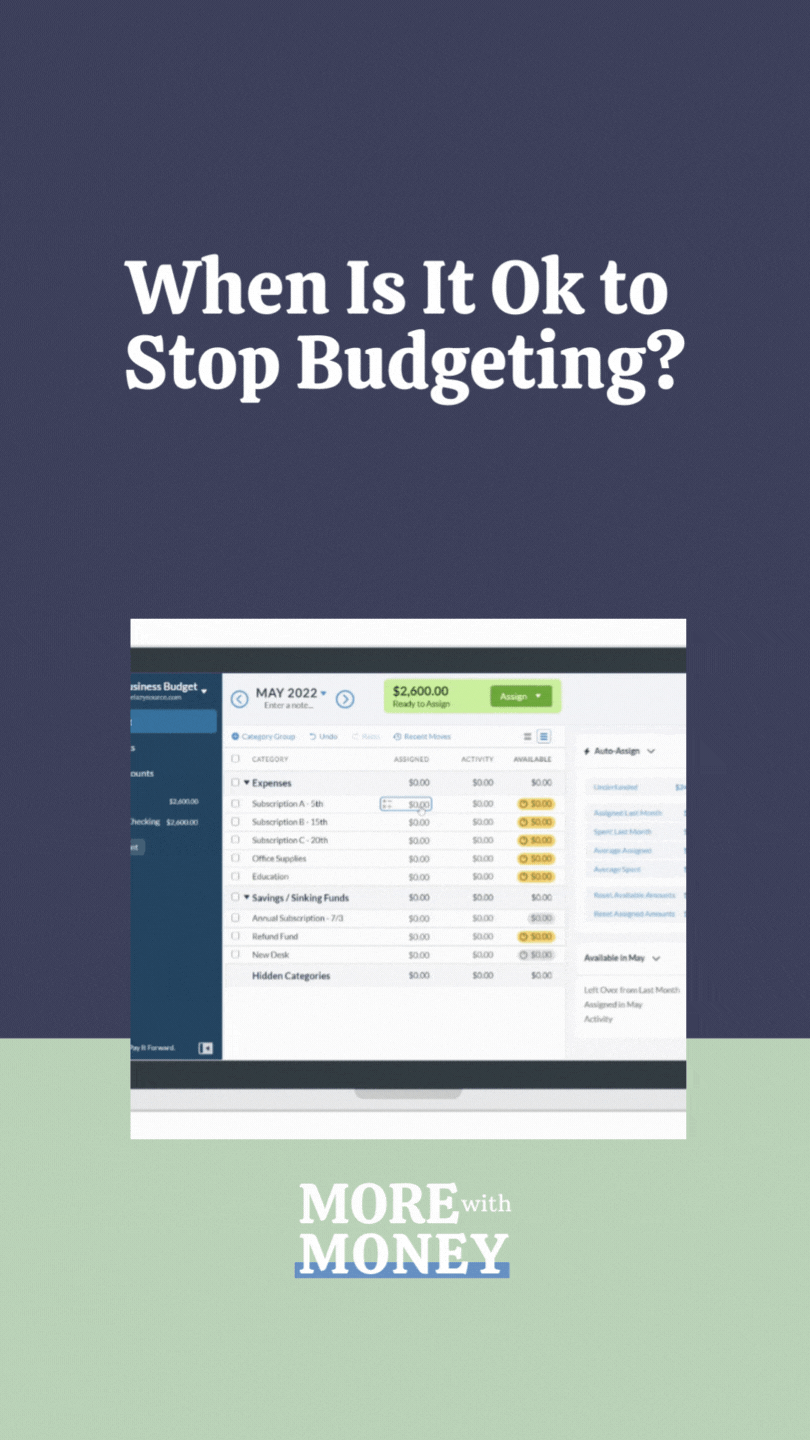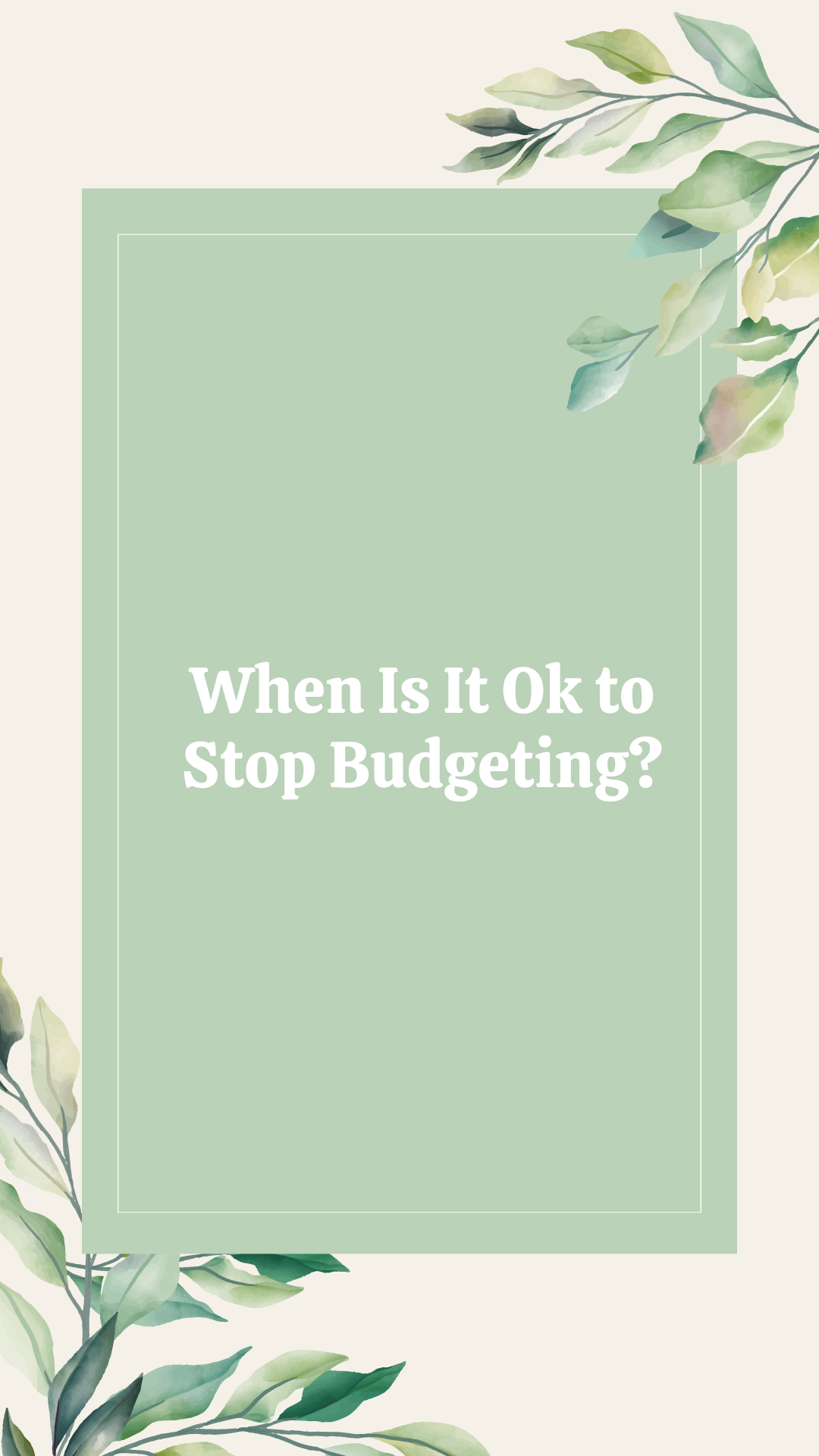When Is It Ok to Stop Budgeting?
Budgeting because cash is tight? Or trying to reach a debt payoff or savings goal? When can you move on from your budget? The reality is, if you stop budgeting when you're out of this season, chances are you're going to find yourself right back in another situation like it. Let's talk about lifelong budgeting!
Why People Start Budgeting
Admittedly, a lot of people try budgeting because someone told them that they should. However, beyond that, most people start budgeting because they don’t feel they have enough money.
Tight cash flow leads them to need to be more intentional with every dollar so they can make the most of what they have.
In other cases, people will start a budget because they have a really clear financial goal they want to achieve - usually paying off debt or saving a large sum of money for something.
Again, they want to make the most of what they have to reach their goal sooner, so they start budgeting to have more control.
Because of the above, however, there is a massive misconception out there that budgeting is for broke people. Or that budgeting is only for a specific season of life, just until you hit your goal.
Today, I want to help you see budgeting in a new light.
Why We Shouldn’t Stop Budgeting
Let me say this again: Budgeting isn’t just for broke people.
Intentional money management is not only how you ATTAIN wealth, it’s also how you KEEP it.
"[Millionaires] became millionaires by budgeting and controlling expenses, and they maintain their affluent status the same way.” - Thomas J. Stanley, The Millionaire Next Door
Dave Ramsey, a well-known financial expert with a polarizing personality, makes a great point when he says “You can't out earn your stupidity.”
Just because you have a lot of money, that doesn’t mean you don’t have any more problems, financial or otherwise.
Sure, your problems look different. And yes, they might even be “nice to have” problems. But they’re problems nonetheless. And problems can lead to consequences if they aren’t managed well.
A budget is not just about restricting your spending to “keep yourself under control”. Budgeting is about intentional money management, making a plan for the dollars that you have so that you know they’re being stewarded wisely.
If you look at budgeting this way, doesn’t it make so much more sense that when you have MORE money to manage, you continue being intentional with it?
How many stories have you heard about people coming into money and losing it all? While the often stated statistic about 70% of lottery winners going bankrupt isn’t backed by real research, chances are you’ve known someone who has squandered a windfall of money that could have been better utilized. (Maybe you’ve been that person too - I know I have! 🙋🏻♀️)
Here’s a question you’ve probably been asked before: If you received a million dollars today, would you know what to do with it? 🤔
Many of us have some idea of how we might want to use at least some of that dream sum. But how confident would you be that this was the best use of the money?
Without clear financial priorities, it can be hard to make the best decision when you do come into more money than what you’re used to.
A lack of a reliable (and achievable) spending plan is one of the biggest root causes behind financial uncertainty and anxiety.
So What Is the End Goal?
Finances are a life-long journey; there will always be something else to work on, improve, achieve, and manage. This means that managing money intentionally is a lifelong value worth committing to.
Does this mean you’re stuck budgeting forever?
My hope is that you get to a point where actually love budgeting enough that this doesn’t feel like a criminal sentencing. If you keep at it, thinking about your budgeting should bring you feelings of confidence and empowerment. ✨
That said, budgeting will not always look the same as your financial journey progresses.
Let me use myself as an example:
When we first started budgeting, we were newly married with a relatively low income and a bunch of new bills to pay. We learned to monitor every dollar very closely, because every dollar mattered. We’d be mindful of our spending in each category, and change course if we detected we were starting to spend too much in the current month.
Now, we’re much more relaxed! I only check our budget once a week, and admittedly sometimes I miss a week. When I do budget, I can quickly enter our latest transactions and assign pre-determined amounts to each category without thinking about it. Sometimes we still overspend in a category but I simply pull those funds from another category to cover it, because everything averages out to be about the same anyway.
You might be thinking, “Then what’s the point of your budget?”
I may not have to think much about my budget, but that doesn’t mean it’s not constantly working for me.
Our budget is consistently:
Collecting Funds: Our budget ensures we have the cash we need, when we need it. Without thinking about it, our sinking funds are growing every single month to cover our Inevitables.
Gathering Data: If we do suddenly need or want to know what we’re spending on something (or how much we have saved), we’re just a few clicks away from the answer for any given time period in the last several years.
Keeping Us Informed: If something does come up that disrupts the status quo, we’ll know right away! If we have more money to work with than usual or an emergency pops up, we can make quick and confident decisions. If we overspend, the category goes red in our YNAB budget and it lets us know to evaluate our various funds to cover the extra cost. If there is fraud on our account (which has happened!), we can catch it right away. Knowledge is power!
When you commit to your budget and use it effectively to not just control spending, but to BUILD WEALTH, you’ll start to see a shift over time, too!
Your budget will simply become a way of life, and you’ll find that:
You always have a general idea of where your money is at and where it’s going without having to monitor it so closely
You’re able to stay at least a month ahead of your bills and expenses
Your sinking funds and savings accounts are filled up so you have the security of a large cash buffer
You’re able to make quick and confident decisions as “unexpected” situations arise
You have the knowledge and resources to become even MORE strategic with your money so that you can leverage opportunities to save, invest, give, and more!
Take Action: Reframe Your Approach to Budgeting
Consider these questions:
Has budgeting been a chore that restricts and shames you more than it empowers you?
Have you fallen for the belief that budgeting is for broke people, just a necessary evil for a season of struggle?
Is your budget helping you to build and keep wealth for years and years to come?
If not, it’s time to take action. Evaluate how you’ve been budgeting, and spend time with the resources linked below to learn how to do it in a way that works. Try budgeting with a new perspective that is wealth-oriented and freedom-driven.
Learn More:
Learn a new approach for budgeting that actually works and helps you to be proactive with your money (rather than wasting energy making estimates that don’t matter)
I also want to encourage you to check out YNAB, my preferred budgeting program that helps you do everything above and more! Learn more about this incredible tool here!
Try YNAB for proactive, cash-based budgeting >> Learn More
Are you ready to take your financial journey to the next level? Then you may be ready to check out the More With Money Academy!
This ever-growing collection of online courses and trainings are specially designed to support entrepreneurs like you on your path to financial wellness. The Academy contains carefully designed courses that are easy to understand and implement so that you can be empowered with the practical concepts, streamlined systems, and powerful mindset to transform your business and personal finances.
Click here to explore what the More With Money Academy has to offer!
Pin for later
I'd love to continue the conversation in the comments! Feel free to share your thoughts.
Until next time!







